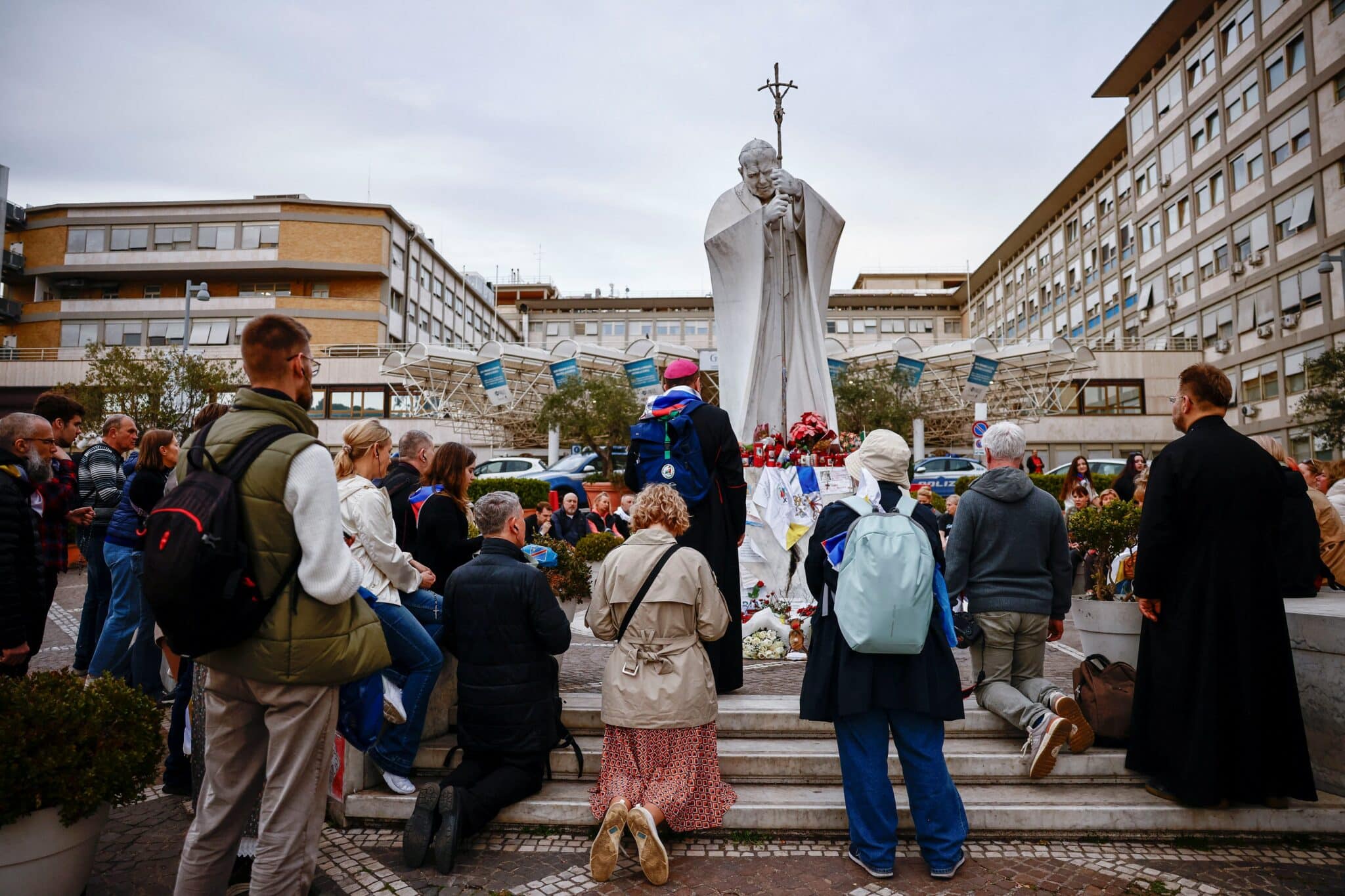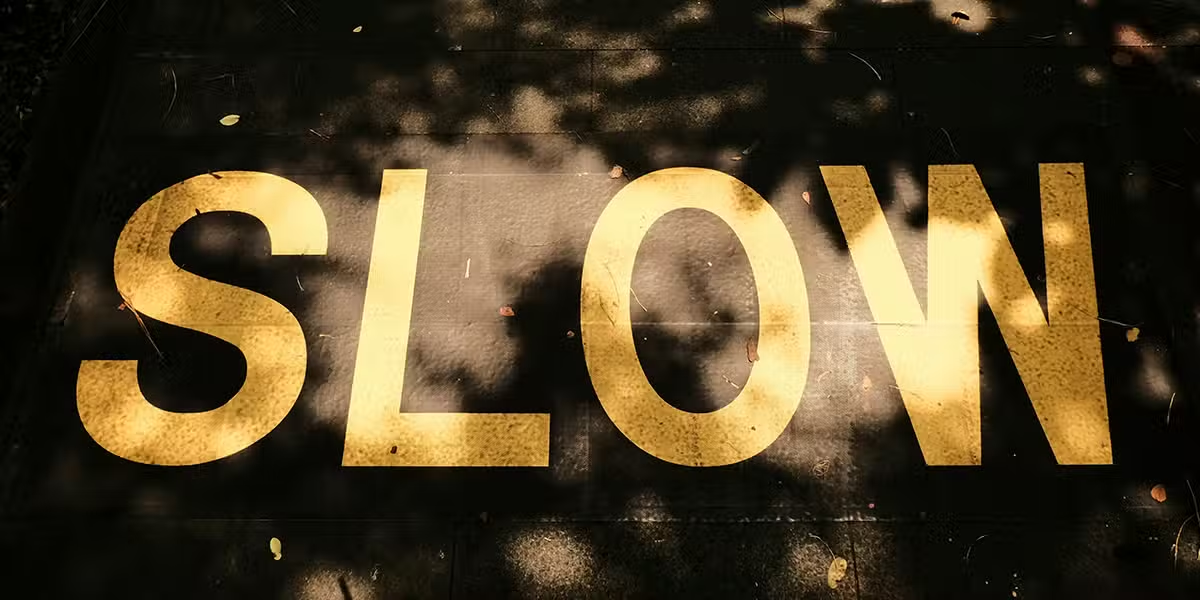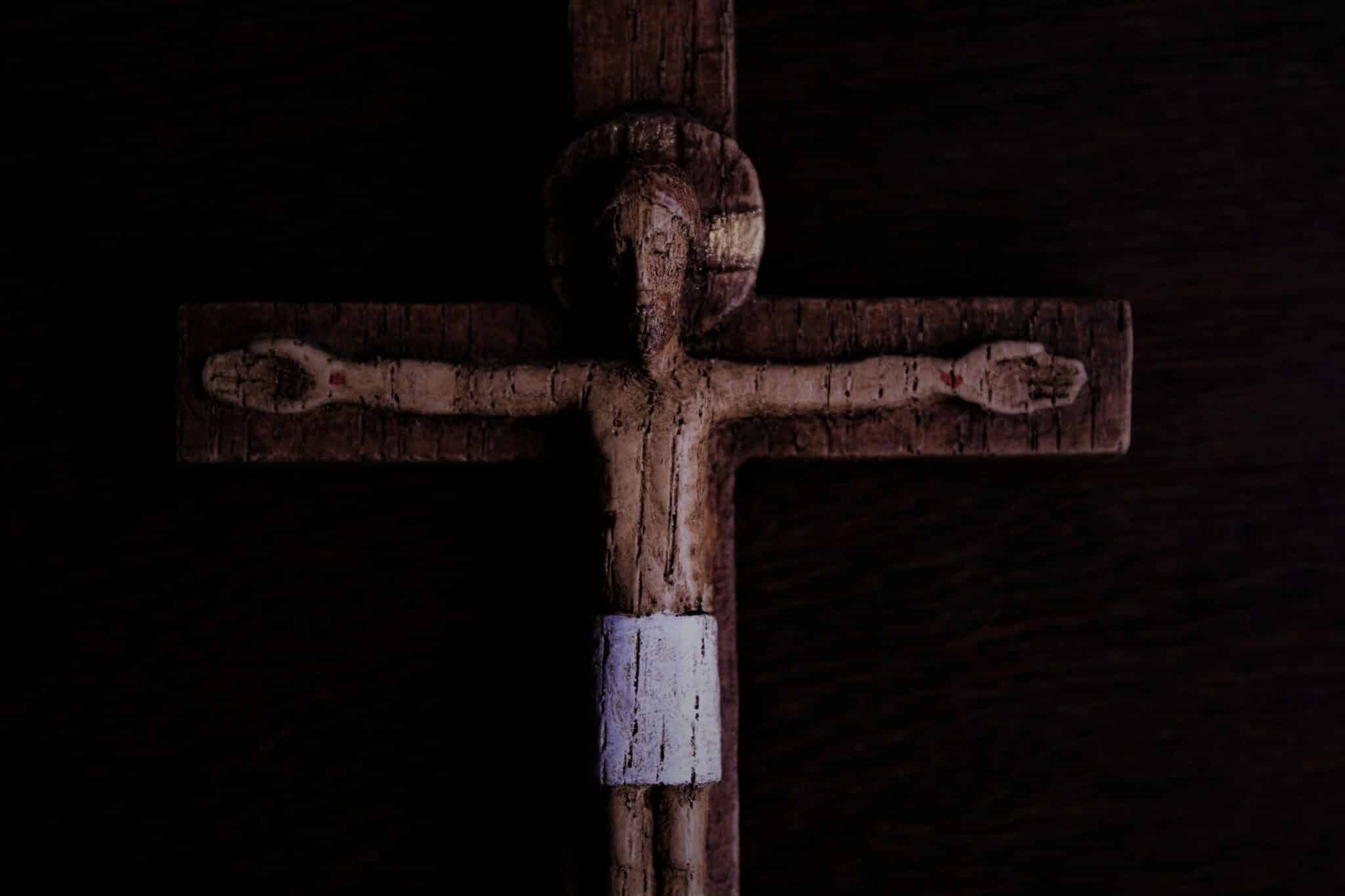I think “I’m sorry” are the two hardest words to say. The words themselves aren’t particularly challenging. It’s what they represent that proves most difficult.
By saying I’m sorry, I am admitting that I have fallen short of expectations, that I have hurt someone, that I have done something wrong. For me, that’s hard to face. I imagine it is for most people.
I first learned to recite the Act of Contrition when I was in the second grade preparing for my First Confession. The prayer I learned at that time was the more traditional “O my God, I am heartily sorry for having offended thee” version. The version contained in this column, however, seems to spell out more completely what I’m trying to say by reciting the prayer.
Regardless of which version I used, I spent quite a bit of time reciting it for any number of reasons such as hitting my sister, making fun of someone, lying to my parents, etc.
My mom was a firm believer in the importance of not only saying “I’m sorry,” but also reflecting on the implications of what you did. Thus the reason I know the prayer so well!
Finding the Right Words
Perhaps some of the difficulty with saying “I’m sorry” is pinpointing exactly all that those two words represent. That’s where the Act of Contrition so often comes to my rescue.
This prayer fleshes out all the reasons saying those two words seems so hard—“I am guilty of sin against you. I have not loved you, my neighbor and myself with my whole heart. I have not kept your commandments.” Talk about a reality check!
But the beauty of the prayer is that it also shows us the way to forgiveness. Through our sins we have separated ourselves not only from whomever we have wronged, but also from God. The second half of the prayer focuses on asking God to help us make amends for our sins.
It’s probably a good idea to offer an Act of Contrition at least once a day. But some people find it helpful to recite it even more often than that, and that’s O.K. The bottom line is to remember why you’re saying it—and mean it.
An Ongoing Struggle
Each night as I recite this prayer before drifting off to sleep and once again ask for God’s help and forgiveness, I am reminded that I am not perfect. I will learn from my sins and mistakes of today, but will probably fail in other ways tomorrow. And so the following evening I will once again ask God for forgiveness and pledge to try to do better the next day. And so the cycle will continue.
That is the great comfort this prayer brings to me—that no matter how badly I mess up today, I can always seek forgiveness and ask for God’s help as I try to do better tomorrow. All I have to do is ask. The Act of Contrition provides me with the words to do just that.







